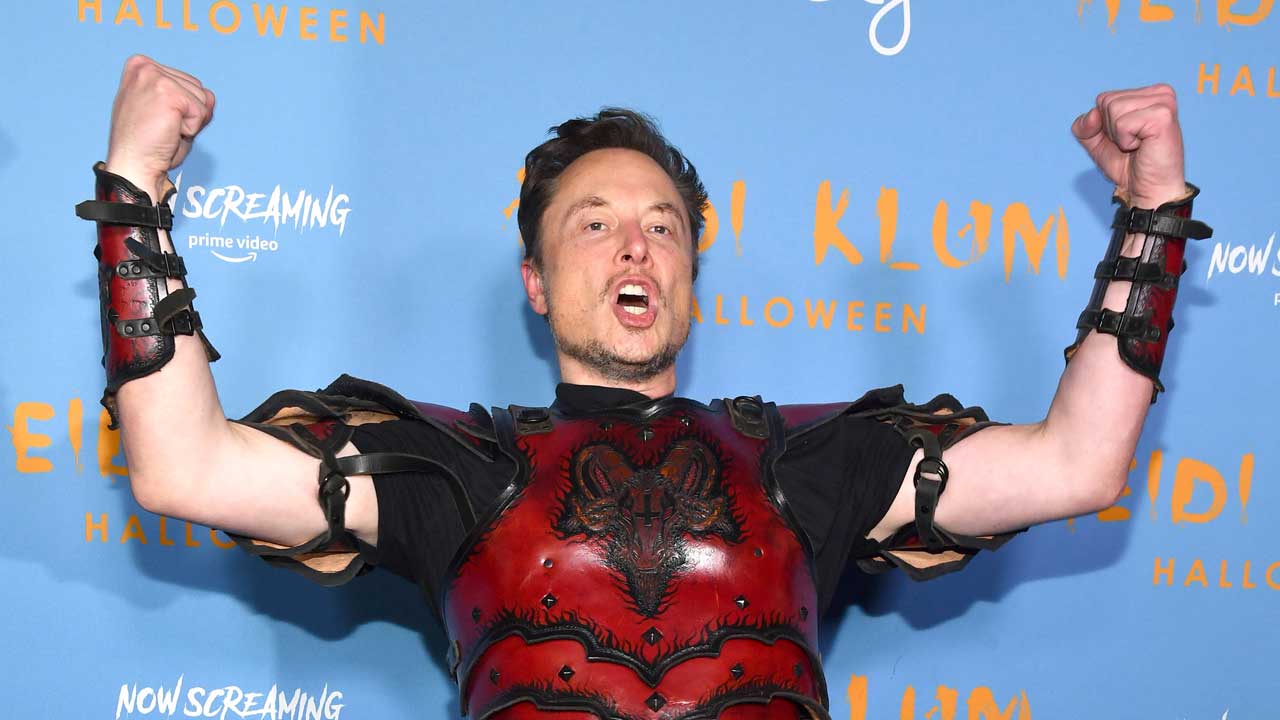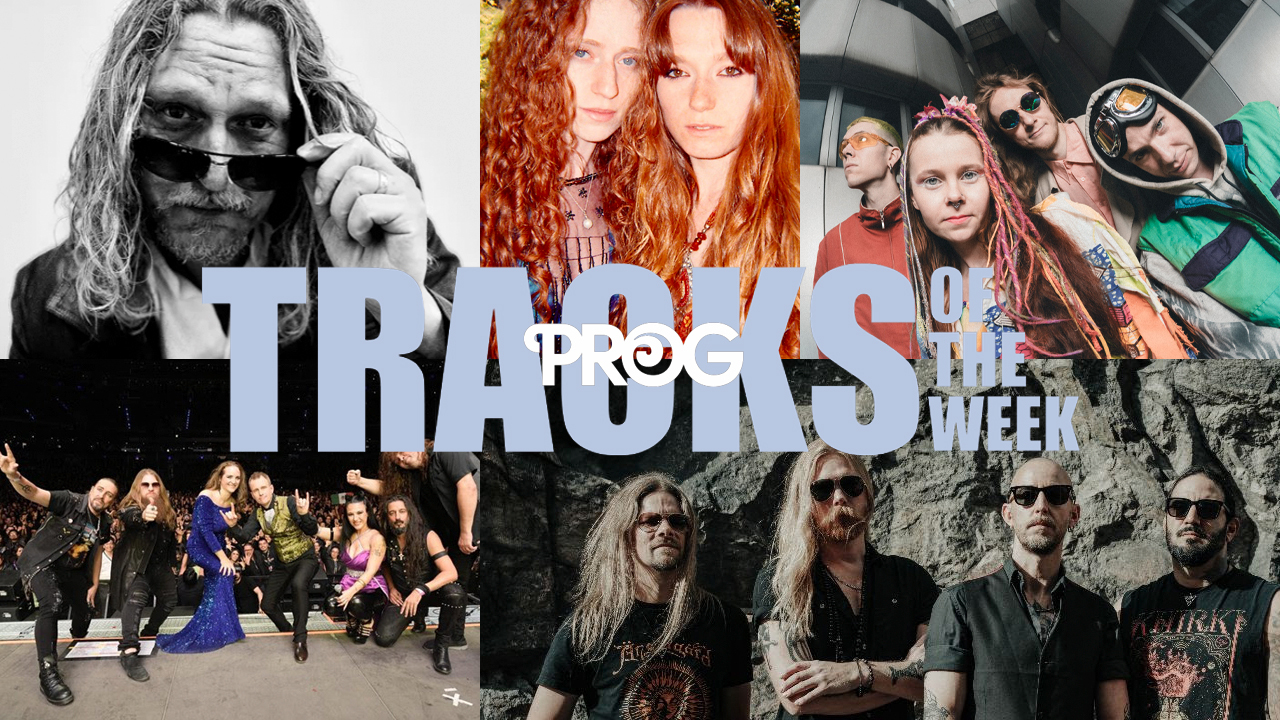Twitter sued for $250 million for "rampant infringement" of copyrighted music
Sony Music Publishing and Universal Music Publishing Group are amongst the 17 entities suing Twitter for copyright infringement

Twitter has ben hit with a multi-million dollar lawsuit by a coalition of 17 music industry entities. The lawsuit, which was filed filed in Tennessee, and is backed by music publishers like Sony Music, Universal Music, Warner Chappell and BMG, seeks more than $250 million in damages for “hundreds of thousands” of alleged infringements of approximately 1,700 pieces of music.
The court documents read: "Twitter knows perfectly well that neither it nor users of the Twitter platform have secured licenses for the rampant use of music being made on its platform as complained of herein.
"Nonetheless, in connection with its highly interactive platform, Twitter consistently and knowingly hosts and streams infringing copies of musical compositions, including ones uploaded by or streamed to Tennessee residents and including specific infringing material that Twitter knows is infringing.
"Twitter also routinely continues to provide specific known repeat infringers with use of the Twitter platform, which they use for more infringement."
"Twitter refuses to stop the rampant infringement of copyrighted music, including Publishers’ musical compositions, because it knows that the Twitter platform is more popular and profitable if Twitter allows such infringement."
Twitter, unlike Facebook, Instagram, Snapchat and TikTok, has not negotiated music licensing agreements with music copyright holders, and the lawsuit claims that the situation has worsened since Twitter head honcho Elon Musk completed the purchase of the company for $44 billion last year.
“Twitter’s change in ownership in October 2022 has not led to improvements in how it acts with respect to copyright," reads the lawsuit. "On the contrary, Twitter’s internal affairs regarding matters pertinent to this case are in disarray."
The latest news, features and interviews direct to your inbox, from the global home of alternative music.
“Twitter stands alone as the largest social media platform that has completely refused to license the millions of songs on its service," says National Music Publishers Assn President & CEO David Israelite. "Twitter knows full well that music is leaked, launched, and streamed by billions of people every day on its platform. No longer can it hide behind the DMCA [Digital Millennium Copyright Act] and refuse to pay songwriters and music publishers.”
Louder reached out to Twitter's press office for comment, and received an automated response containing a poo emoji.

Online Editor at Louder/Classic Rock magazine since 2014. 39 years in music industry, online for 26. Also bylines for: Metal Hammer, Prog Magazine, The Word Magazine, The Guardian, The New Statesman, Saga, Music365. Former Head of Music at Xfm Radio, A&R at Fiction Records, early blogger, ex-roadie, published author. Once appeared in a Cure video dressed as a cowboy, and thinks any situation can be improved by the introduction of cats. Favourite Serbian trumpeter: Dejan Petrović.
